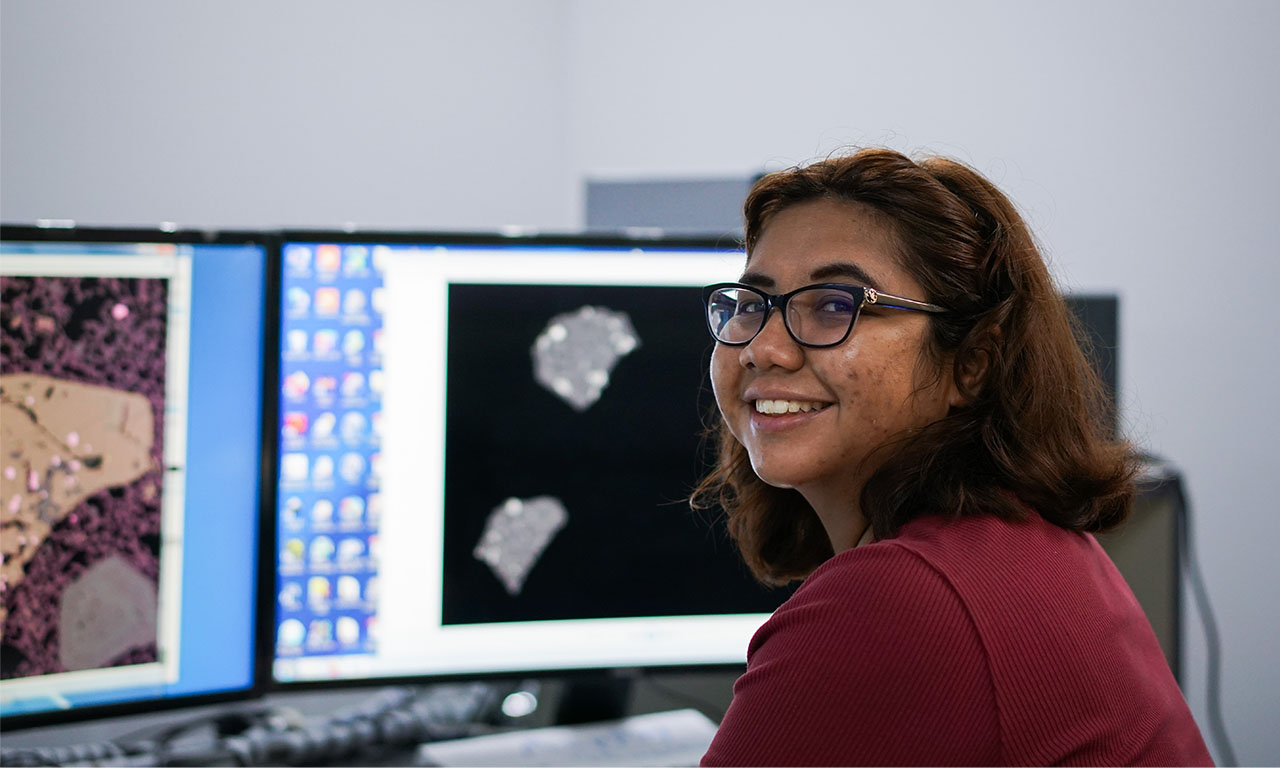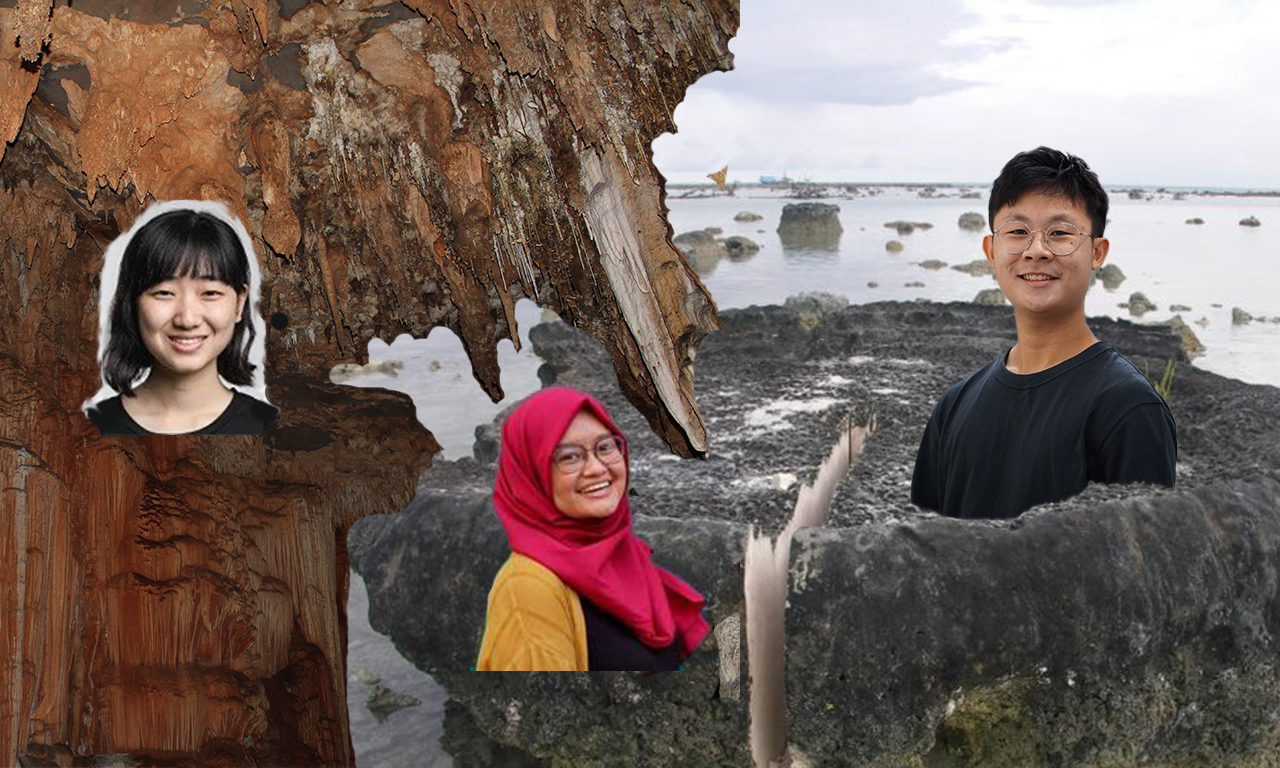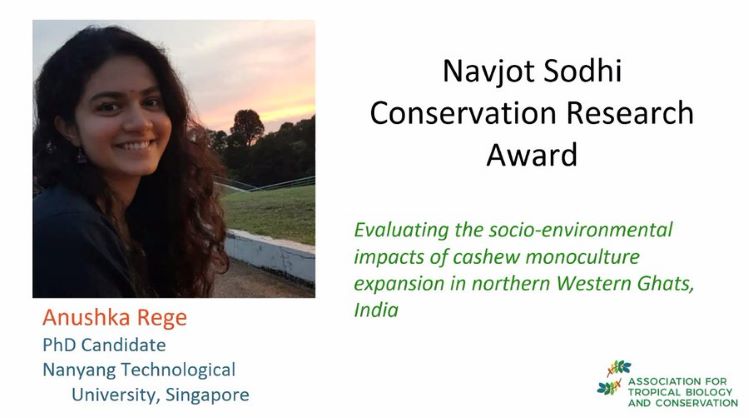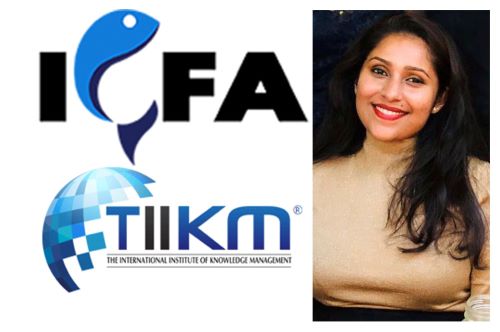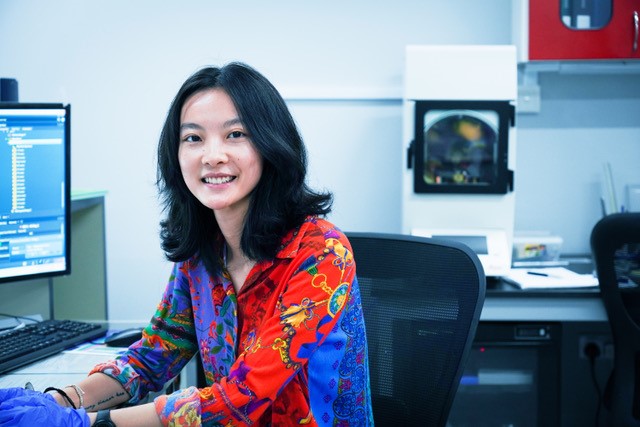Doctor of Philosophy (PhD) by Research
The NTU PhD program is 4 years. Besides working on their research, students from AY2020 Sem 1 intake onwards are required to complete 18 Academic Units of classes during their PhD, which roughly translates around six courses. After completing a qualifying examination in their third semester, they focus on completing their doctoral project, working closely with a faculty advisor. Students with a Master’s degree in related fields may request for course exemption up to 1 course (3AUs) for similar courses that he/she has taken during MSc in their respective universities.
- More on graduate studies at ASE here
You can read the ASE postgraduate programme brochure to find out more about our programmes.
Interested in doing a PhD at ASE?
Find out more about our research areas here. You may email individual researchers to enquire about opportunities to do a PhD.
The application deadline for the August intake is 31st January and for the January intake it is 31st July.
Apply online via the NTU website. If you have any queries, please write to ASE Academic Team at [email protected].
If you think that we might be a good fit for you, the first step is to learn about the research that happens here. Please take some time to look through the faculty research webpages, and identify faculty whose interests may align with yours. The first step to applying is to contact potential faculty mentors, who can tell you more about their research programmes and work with you to see if you might be a good match. Once you have identified a potential faculty mentor, you can work with them, along with our graduate services officer to submit your application.
- The minimum requirement for admission is a Bachelor’s degree with 2nd Class Honors Upper (or equivalent eg CGPA >3.2). The degree does not have to be a Geo Science / Earth Science. You do not need a Master's degree to take the PhD.
- International applicants for whom English is not their first language are also required to submit their TOEFL/IELTS test scores. Test dates must be within 2 years or less from the date of your application. Special arrangements can be made for selected applicants to sit for NTU’s English Proficiency Test (EPT) in place of TOEFL/IELTS.
- Only full-time candidatures will be considered. All students are expected to complete the program within 5 years. However, in special circumstances, pending the recommendation of the Academic Committee and the approval of the Division Head, extensions of up to 2 years may be granted.
There are two intakes of graduate students every year in January and August. The deadline for the submission of applications is 31st January for August intake and 31st July for next year January intake. All applications must go through the online system of the Office of Admission.
Click here to apply. Please note the following selections when completing your online application form:
- Under Program Applied For > Program Applied – Select "Asian School of the Environment: Programme code [221] Doctor of Philosophy (ASoE)"
- Under Program Applied for > Select Interdisciplinary Graduate Programme: IGPA
Applicants are strongly encouraged to visit the project site of the ASE and contact faculty to discuss possible PhD topics.
Please contact ASE Academic Team at [email protected] if you have any query on the PhD programmes in EOS.
The PhD is designed to be completed with four years of study. During the first two years, students take courses and complete one exploratory research projects in consultation with faculty advisor. They also generate a proposal for their PhD research. After completing a qualifying examination their second year, they focus on completing their doctoral project, working closely with a primary faculty advisor. Students from AY2020 Sem 1 intake onwards are required to complete 18 Academic Units of classes during their PhD, which roughly translates around six courses. Students with a Master’s degree in related fields may request for course exemption up to 1 course (3AUs) for similar courses that he/she has taken during MSc in their respective universities.
PhD Timeline
- By the end of the first academic year (second semester): the student submits: (1) tentative titles of research proposals for review by the oral examination committee and (2), a list of courses planned to satisfy the PhD requirement, for review by the academic advisory committee.
- By the end of the second academic year: (1) passage of oral exam; (2) satisfactory completion of course requirements; (3) submission of a tentative thesis topic and adviser, and thesis advisory committee; (4) admission to candidacy.
- End of the subsequent academic years: satisfactory progress toward completion of thesis.
- Completion of PhD thesis by the end of fourth year. If warranted, the student may request an extension of up to one year from the academic advisory committee.
Advising and Thesis Supervision
A supervisor will be assigned for each incoming student. This supervisor serves as a mentor with broad responsibility for a student's academic welfare throughout the graduate program. The supervisor is responsible for guiding students through the academic program, including course work, identifying thesis advisory committee, and completing ASE requirements and prerequisites. Supervisors are chosen from the student’s area of interest.
Coursework Requirements
During the first year, every graduate student will take ES 7002 and ES 7003. These courses should be completed during the first year. Throughout their graduate careers, students are expected to attend departmental seminars and seminar courses led by visiting scientists.
Exploratory Research Projects
Qualifying Oral Examinations
Thesis Advisory Committee
The Thesis Advisory Committee (TAC) must be declared by the end of the 1st year.
The TAC will comprise 3 or 4 members as follows:
- 3 members consisting of the main supervisor (as coordinator of the TAC) and 2 committee members (for student who does not have a co-supervisor); or
- 4 members consisting of the main supervisor (as coordinator of the TAC); the co-supervisor (for IGPA students this person must be from a different School within NTU) and 2 committee members.
The TAC will consist of a minimum 2 internal faculty from the School and at least 1 external member. The supervisor is responsible for assisting students to identify their research and training needs, plan their time and design the framework under which their research will progress. Committee members serve as mentors, providing academic and personal support to the PhD candidate and should be diverse enough to support all the research directions of the thesis. Staff from industry and research institutes who have suitable academic qualifications can be invited to be in the TAC. The TAC is also responsible for monitoring the student’s progress and completing the annual research progress report.
The Committee is approved by the Associate Chair (Research) in consultation with the candidate’s supervisors, and approved by the Chair, ASE.
Thesis Defense
The student must submit their thesis to the thesis committee at least one month in advance of the thesis defense. The thesis defense consists of a public presentation (45-50 minutes), with questions from the audience. Following the public presentation, the student will meet for private discussion with the thesis committee. In exceptional circumstances, an external committee chair may be appointed by the Assocciate Chair.
Revisions requested by the committee must be completed and submitted to the committee chair for final approval. If the student fails the thesis examination, subject to the recommendation of the thesis committee and the Academic Committee and the approval of the Associate Chair, the student may undergo another examination within six months.
What are the deadlines for admissions?
There are 2 intakes per year (August and January). For August and January admissions, the deadlines for applications are 31st January and 31st July, respectively.
What entry requirements to I have to meet for admission?
For applicants whose native language is not English, a good TOEFL score is required. Test dates
must be within 2 years or less from the date of your ation. IELTS may be submitted in place of TOEFL. In some circumstances, special arrangement can be made for selected good applicants to sit for NTU’s English Proficiency Test (EPT) in
place of TOEFL/IELTS.
How do I apply to the programme?
Applicants are strongly encouraged to visit the projects site of the ASE and contact faculty to discuss possible PhD topics. Applicants who do not contact faculty before applying are unlikely to be admitted to the program.
You may apply for both Asian School of the Environment and Interdisciplinary Graduate Programme, as EOS have collaboration with both schools and the scholarship offered by both schools will be same To apply on-line for graduate programs by research.
For PhD program under Asian School of the Environment:
- Navigate to the Graduate Research Admission System
- Under Program Applied For > Program Applied – Select “[221] Doctor of Philosophy (ASoE)”
- Under 'proposed supervisor’ you can indicate the name of the Professor whom you are interested to join his/her research group, so that your application materials could be directed to his/her attention but this is subjected to the Selection Committee's discretion.
- Navigate to the Graduate Research Admission System
- Under Program Applied For > Program Applied – Select
"[IGPA] Doctor of Philosophy IGPA - Earth Observatory of Singapore (EOS)" - Under 'proposed supervisor’ you can indicate the name of the Professor whom you are interested to join his/her research group, so that your application materials could be directed to his/her attention but this is subjected to the Selection Committee's discretion. Please indicate on the online application form, under 'proposed field of research' the Earth Observatory of Singapore (EOS).
How will I know what the status of my application is?
Generally, the application process may take up to 4 months or more, depending on the completeness of the application, consideration, evaluation and approval by the respective Schools/Board of Graduate Studies.
January intake - notification by November/December or earlier
Singapore Citizens and Permanent Residents
International Applicants
What are the tuition fees ?
What are the conditions of the offer of admission?
Medical examination
In addition, the issuance of Student's Pass to international students by the Singapore Immigration and Checkpoints Authority (ICA) is also subject to medical clearance. International students must pass the Human Immunodeficiency Virus (HIV) and Tuberculosis (TB) medical tests before they can be issued with their Student's Pass.
The above medical examination must be done at the Medical Centre in Nanyang Technological University (NTU). Please allow 7 working days before matriculation for your medical examination to be processed. Please click here for further information.
Students who fail the above medical examination cannot be admitted to the University. Those who fail the above medical examination will be repatriated to their home country at their own cost.
Current PhD Project at ASE
Here is the list of projects currently available. Please email the faculty if you are keen in devising a project of your own or simply to discuss about PhD opportunities at ASE.
| Project Title | Supervisor | Start Date | Application Deadline | Duration | Remarks | |
| Constraining the thermal and temporal evolution of basaltic magmatic systems | Asst Prof. Euan Mutch | 31st Jan 26 | 4 years | |||
| AI-Enhanced Physics-Based Simulations for Earthquake Modelling | Asst Prof. Luca Dal Zilio | 31st Jan 26 | 4 years | |||
| AI-Enhanced Earth System Modeling for Nature-Based Climate Solutions | Asst Prof. Cheng Yanyan | 31st Jan 26 | 4 years | |||
| Carbon dynamics of peatlands / Fire hazard forecasting in peatlands | Asst Prof. Alexander Ruggles Cobb | 31st Jan 26 | 4 years | |||
| Interdisciplinary research on carbon biogeochemistry | Asst Prof. Thomas Michael Blattmann | 31st Jan 26 | 4 years |
Apply here
For any further enquiry, please click here.
Blog posts about ASE PhD students
